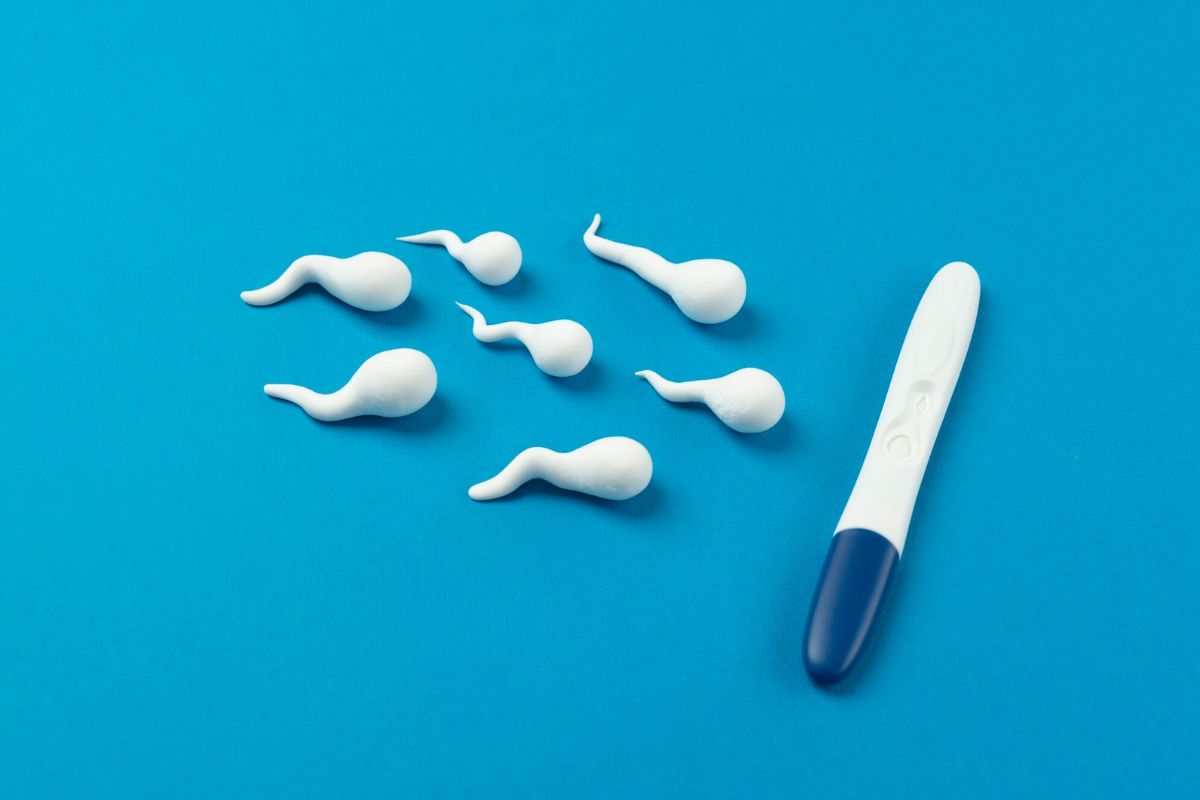
Fertility Preservation: Tips for Women Planning Pregnancy Later
Modern life allows women to prioritize education, career advancement, and personal aspirations before starting a family. However, fertility naturally declines with age, making it essential to plan for those considering pregnancy later in life. Misconceptions, such as the belief that fertility remains stable until menopause or that lifestyle changes alone can counteract age-related decline, often create confusion. Science debunks these myths, emphasizing the importance of fertility preservation. By understanding their options, women can take proactive steps to safeguard their reproductive future and make informed decisions about when to start a family.
Here’s What You Need to Know About Preserving Fertility For a Later Pregnancy.
Understanding Fertility Decline
Women are born with a finite number of eggs, and fertility gradually decreases as they age. By the early 30s, egg quantity and quality start declining, and by the age of 40, conception chances significantly drop. This is why many women opt for fertility preservation techniques to extend their reproductive window.
Fertility Preservation Options
There are several methods available to preserve fertility, allowing women to conceive when they are ready.
1. Egg Freezing (Oocyte Cryopreservation)
Egg freezing is one of the most popular methods of fertility preservation. This process involves stimulating the ovaries with hormones, retrieving mature eggs, and freezing them for future use. It is ideal for women who want to delay pregnancy for personal or medical reasons.
2. Embryo Freezing
Women who are in a committed relationship or wish to fertilize their eggs with donor sperm may opt for embryo freezing. The process involves fertilizing eggs with sperm before freezing the resulting embryos for future implantation.
3. Ovarian Tissue Freezing
This method involves freezing ovarian tissue for later transplantation. It is commonly used for women undergoing treatments like chemotherapy that may affect fertility.
4. Ovarian Suppression
Hormonal treatments can temporarily suppress ovarian function to protect fertility, particularly for women undergoing cancer treatments. This method is still under research and is not a guaranteed solution.
Lifestyle Changes to Support Fertility
While medical advancements offer excellent options for fertility preservation, lifestyle factors also play a crucial role in maintaining reproductive health.
1. Maintain a Healthy Diet
A balanced diet rich in antioxidants, vitamins, and minerals supports egg health. Include foods such as leafy greens, berries, nuts, and whole grains to nourish your reproductive system.
2. Manage Stress
Chronic stress can disrupt hormonal balance and impact ovulation. Engage in relaxation techniques like meditation, yoga, or mindfulness to support overall well-being.
3. Avoid Smoking and Excessive Alcohol
Smoking accelerates egg loss and reduces fertility, while excessive alcohol consumption can disrupt hormonal balance. Limiting these habits can enhance fertility potential.
4. Stay Physically Active
Engaging in regular physical activity supports a healthy weight, which is crucial for optimal fertility. However, overdoing intense workouts may negatively affect ovulation, so maintaining a balanced approach is essential.
Monitor Your Reproductive Health
Understanding your reproductive health is crucial for making informed decisions about fertility. Regular check-ups with a gynecologist or fertility specialist can help track your fertility status. Tests like AMH (Anti-Müllerian Hormone) levels offer insight into ovarian reserve and overall reproductive potential, allowing women to plan for their future with confidence.
When to Consider Fertility Preservation
Women who wish to delay pregnancy beyond their early 30s, those with medical conditions affecting fertility, or those undergoing treatments like chemotherapy should consider fertility preservation.
Securing Your Fertility for the Future
By preserving fertility, women gain the freedom to make well-informed reproductive choices. Advances in medical science, combined with a proactive mindset, allow women to plan pregnancy on their timeline without compromising fertility potential. If you are thinking about fertility preservation, consult The Best Gynecologist in Mumbai to explore your options and make the right decision for your future family.